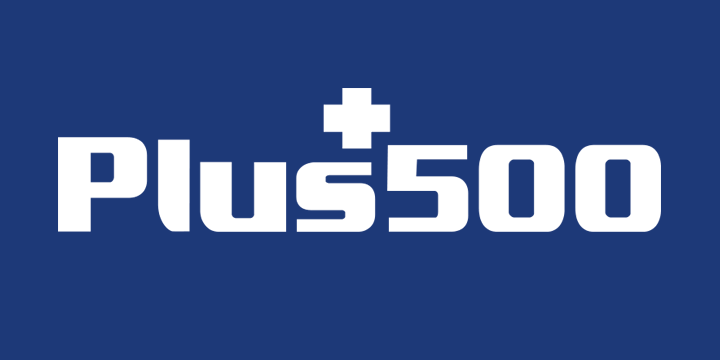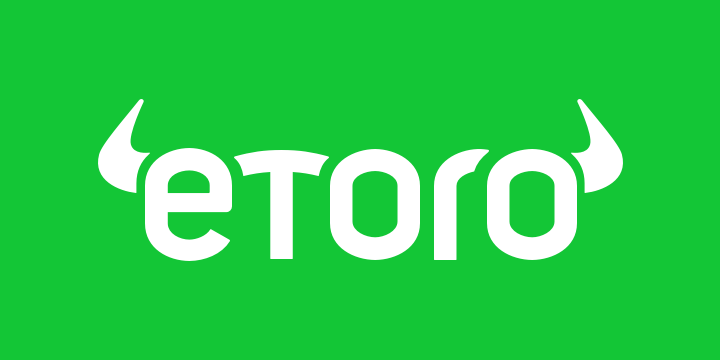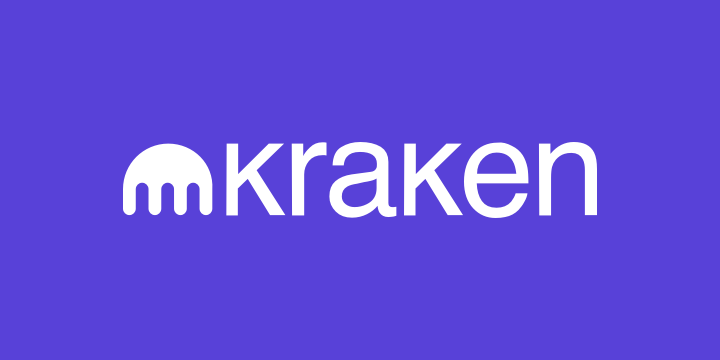10 Best Bitcoin Cash Exchanges in 2024

Bitcoin Cash is a spinoff altcoin launched in 2017 to uphold the cryptocurrency’s original vision of a world where Bitcoin is used as cash. Denoted by BCH, Bitcoin Cash is one of the largest cryptocurrencies on the Bitcoin fork by market capitalisation and active users.
Realising the potential of digital assets, currency exchanges that facilitate a smooth crypto trading experience have emerged in large numbers making it difficult to choose the one that fits your requirements.
This guide will discuss some features you need to keep in mind while shortlisting the best Bitcoin Cash exchanges in 2024.
Our List of The Top Bitcoin Cash Exchanges
Bitcoin Cash transactions are known for their cost-effectiveness and speed, making the cryptocurrency one of the most popular offerings by most currency exchanges. Here is our list of top Bitcoin Cash exchanges to help you evaluate the pros and cons of the most popular choices available.
What is a Bitcoin Cash Exchange?
Bitcoin Cash exchanges allow users to trade digital currencies for other assets, such as conventional fiat money or other digital currencies. You can either trade BCH coins directly on the platform or through P2P networks.
The features, functions and advantages offered to users depend on the type of exchange in question. It can be run by a centralised entity and offer better liquidity or be decentralised and offer the benefits of privacy. While some crypto exchanges are designed for profesional traders, others are customised to suit the needs of prompt crypto-fiat or crypto-crypto conversion. The platform charges a commission fee and sometimes also a small fee on any earnings you withdraw from your wallet for its services.
How do Bitcoin Cash Exchanges Work?
To access the services offered by a Bitcoin Cash exchange, you must first register your account on the official website. This is a fairly simple process if the chosen exchange is available in your region and complaint of local laws. The sign-up process will require you to enter personal details like name, email address, and phone number. To complete your registration, you are then asked to verify your account.
Most Bitcoin Cash exchanges will require you to verify your identity through a government-issued photo identity document and a utility bill to comply with know your customer (KYC), and anti-money laundering (AML) rules that the platform has to abide by. If you prefer to keep your identity anonymous, you can choose crypto exchanges that are not regulated and hence allow you to forgo the verification process. However, such crypto exchanges are very risky and not recommended for beginners.
Once your account is up and running, you have to deposit funds to be able to make your first trade. Most Bitcoin Cash exchanges support different modes of payment such as bank transfers, credit/debit cards, e-wallets, or other cryptocurrencies.
Many cryptocurrency exchanges allow you to execute trades without active intervention by customising certain parameters on the platform. Cryptocurrency exchanges offer excellent customer service in different languages to help you solve any issues in the above process. You are free to withdraw your funds at any time to a private wallet by paying a small withdrawal fee. Withdrawing to your own digital wallet can prevent risk if something where to happen to the exchange, however you’ll need to make sure that you secure it correctly.
Using an Exchange Vs a Broker
A Bitcoin Cash exchange will act as an intermediary platform that allows users direct access to the cryptocurrency itself. Crypto brokers on the other hand, only allow users to trade in the derivatives of Bitcoin Cash through financial instruments like CFDs. While you can store BCH in your crypto exchange wallet, you don’t have to hold or store the real digital asset if you trade through a broker.
Crypto exchanges are easy to use and allow you to buy/sell Bitcoin Cash while brokers are perfect for those advanced users with knowledge of the crypto market and who are looking to trade derivatives products.
How to get started on Bitcoin Cash exchange?
You have to register with a Bitcoin Cash exchange before you can start trading cryptocurrency against a wide range of other assets.
The Bitcoin Cash exchange will ask you to provide certain details (for centralised exchange), while the decentralised crypto exchanges don’t need your details. When using centralised crypto exchanges or peer-to-peer platforms, you will need to verify your ID by providing the necessary information and documents. The required documents could include your proof of ID, proof of residence, bank statement and more. These processes are necessary to protect you and your funds from bad actors.
Using platforms that don’t require KYC is risky since you have no idea the people you are dealing with. After your ID verification, you can fund your Bitcoin Cash exchange using any of the platform’s payment method. Usually, the Bitcoin Cash exchanges accept payment methods such as debit cards, credit cards, e-wallets, bank transfers and more.
The exchanges allow you to trade Bitcoin Cash against a basket of cryptocurrencies (majorly BTC and ETH), fiat currencies (USD, GBP and EUR) and stablecoins (USDT, PAX and others.) You can buy or sell BCH via the ‘Buy’ or ‘Sell’ orders.
Types of Exchanges
Below, we explain the different types of crypto exchanges and their functioning, advantages and disadvantages:
- Centralised Exchanges
Despite cryptocurrency’s openly decentralised principles, centralisation remains a core concept when it comes to crypto exchanges. Centralised exchanges are third-party platforms that monitor and secure assets during a transaction between a buyer and a seller. They are not only easy to use for beginners but are also faster and offer more liquidity.
Centralised platforms manage the transactions conducted through their platform and earn revenue through transaction fees. However, due to their centralised nature, transactions are tracked on private servers instead of a blockchain which arguably leaves them vulnerable to cyber-attacks. You are also required to verify your identity when transacting through most centralised platforms which might not be ideal for users who wish to trade anonymously.
- Decentralised Exchanges
Decentralised exchanges operate peer-to-peer and are built on a blockchain infrastructure that stores all transacted coins and removes the need for third-party intervention. Despite not being as popular as centralised exchanges, they are the go-to choice for users who seek to use the services of the crypto exchange anonymously. This is because decentralised exchanges don’t have a central entity and hence cannot be regulated.
Decentralised exchanges are cheaper as they use algorithms to match buyers and sellers based on the amount of BCH in question. However, despite upholding the decentralisation spirit of Bitcoin Cash, these cryptocurrency exchanges often lack the liquidity to process large transactions.
- Local exchanges
Local exchanges connect people from within the same locality, enabling them to buy and sell Bitcoin Cash conveniently with a payment method of their choice. Local exchanges offer blockchain-powered escrow accounts and allow buyers and sellers to communicate securely through encrypted messages. Local exchanges are popular in developing countries with inadequate financial infrastructure.
- Fiat vs Pure exchanges
Platforms that primarily enable fiat-to-crypto and vice versa transactions are typically known as fiat exchanges. They allow users with no previous trading experience to begin trading crypto using currencies like the Dollar and support a wide range of payment methods from bank transfers to digital wallets. Pure exchanges, on the other hand directly swap cryptocurrencies with BCH. This means you have to own some crypto before you start trading. They are fast and often more convenient for experienced and advanced traders of crypto.
Key Things to Consider When Choosing The Best Bitcoin Cash Exchange
This section is aimed at providing a few guidelines and criteria that can help evaluate the top Bitcoin Cash exchanges to determine the one that matches your level of experience and caters to your needs. As crypto laws are still evolving in most parts of the world, it is advised to check the legality of your crypto exchange with regard to local laws before registering.
A crucial criterion on which you should evaluate a Bitcoin Cash exchange is its account verification process. Regulated cryptocurrency exchanges that comply with comprehensive KYC and AML rules require you to verify your identity using a government-issued photo identity document. On the other hand, decentralised exchanges are unregulated and allow users to trade freely and anonymously.
Transaction fee percentage, commissions and withdrawal fees of each platform must be comprehensively scrutinised to find the most cost-effective option. Differing exchanges will have varing fee structures so it’s best to compare them side by side, the lowest fees are not always the best, an exchange may make it up in other areas such as secrutiy. While all Bitcoin Cash exchanges seek to offer fast transactions, it is known that usually centralised exchanges transact in a matter of milliseconds and are thus more likely to offer better crypto trading power.
Another important determinant is the payment methods supported by the platform. With multiple options like bank transfers, credit/debit cards, e-payments, cryptocurrency, etc available, it is ideal if your chosen BCH exchange supports a payment method convenient to you, especially if you are new to the crypto trading industry.
Security features of the platform is another key factor. You might want to check if an exchange offers additional security features such as two factor authentication. Another point you may want to consider is the ease of trading via a phone if you don’t spend much time at a laptop and some exchanges offer mobile apps to help with this.
Final Thoughts
Bitcoin Cash sparked a trend of creating new cryptocurrencies by forking the Bitcoin blockchain. Bitcoin Cash Exchanges are beginner-friendly and support a variety of payment options.
However, it is important to consider factors like design and usability, convenience, transaction fee and speed before choosing the right exchange. Another choice you have to make is between the high liquidity and speed of centralised exchanges or the anonymity of decentralised exchanges.
It is also crucial to remember to start small and explore the features of the crypto exchange before making large investments.
If you’re thinking about investing and trading other cryptocurrencies then you can check our full guide on some of the top crypto exchanges.
Pros and Cons of Using Bitcoin Cash Exchanges
Pros
- BCH exchanges have a simple account registration process.
- Most exchanges have 24/7 customer support in various languages.
- Bitcoin Cash exchanges support a wide range of payment methods.
- Centralised exchanges support real-time payments and offer excellent liquidity.
- Decentralised exchanges use blockchain to remove middleman intervention.
Cons
- Trading using unregulated platforms is a high-risk activity.
- Some exchanges charge higher transaction and withdrawal fees.

